14 GPTs for Photo Conversion Powered by AI for Free of 2025
AI GPTs for Photo Conversion refer to advanced Generative Pre-trained Transformers specifically designed to transform, enhance, or otherwise manipulate photographs using artificial intelligence. These tools leverage the power of GPTs to understand and execute tasks related to photo conversion, such as changing a photo's style, enhancing image quality, or converting images to different formats. By integrating AI, these tools offer tailored solutions that adapt to various needs and complexities within the photo conversion domain, showcasing the versatility of GPTs in providing specialized support.
Top 10 GPTs for Photo Conversion are: 3D animation creator,Pixel Art Wizard,Anime Me,Animate Me,Kawaii Generator,Legofy,Pixel Party,劇画チェンジャー,Comicify,Sketch Artist
3D animation creator
Bringing Photos to Life with AI-Powered Animation
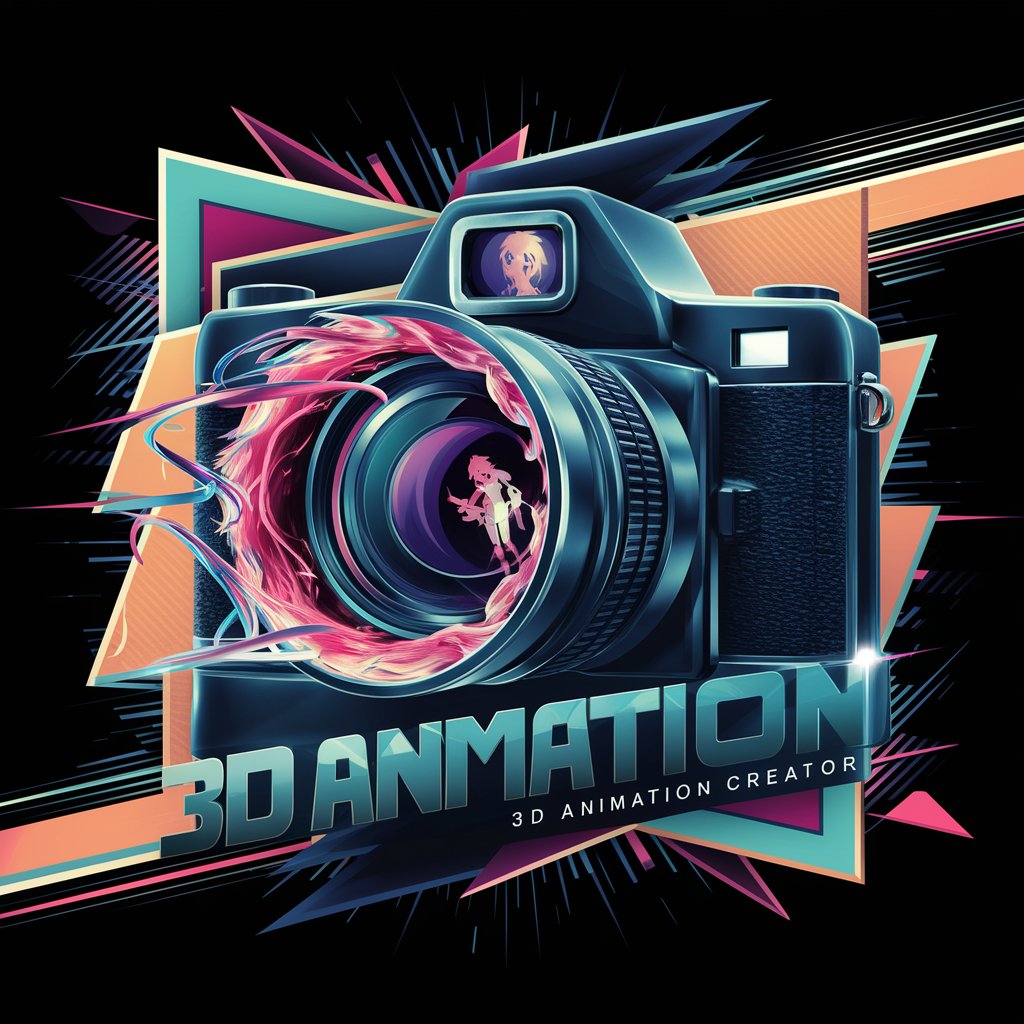
Pixel Art Wizard
Transforming Your Ideas into Pixel Perfection
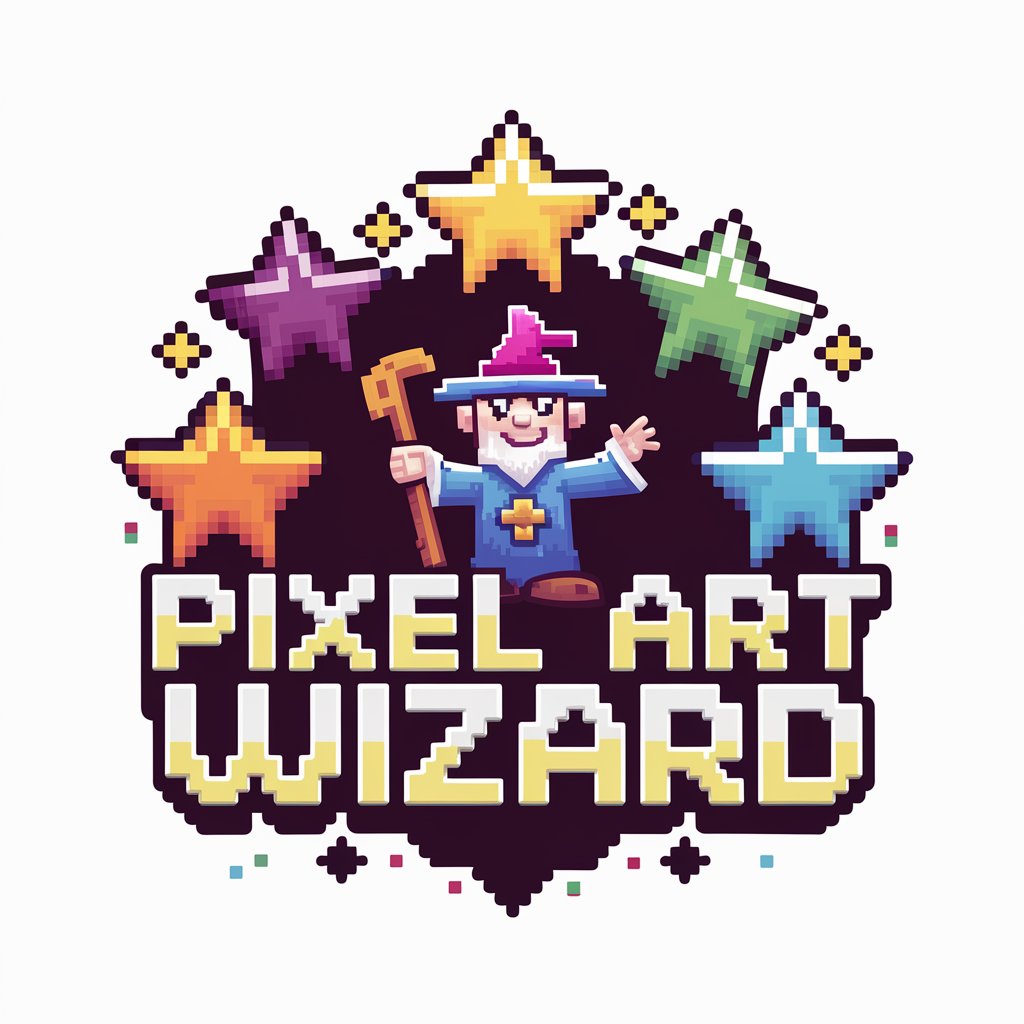
Anime Me
Turn Your Photo into Anime Art
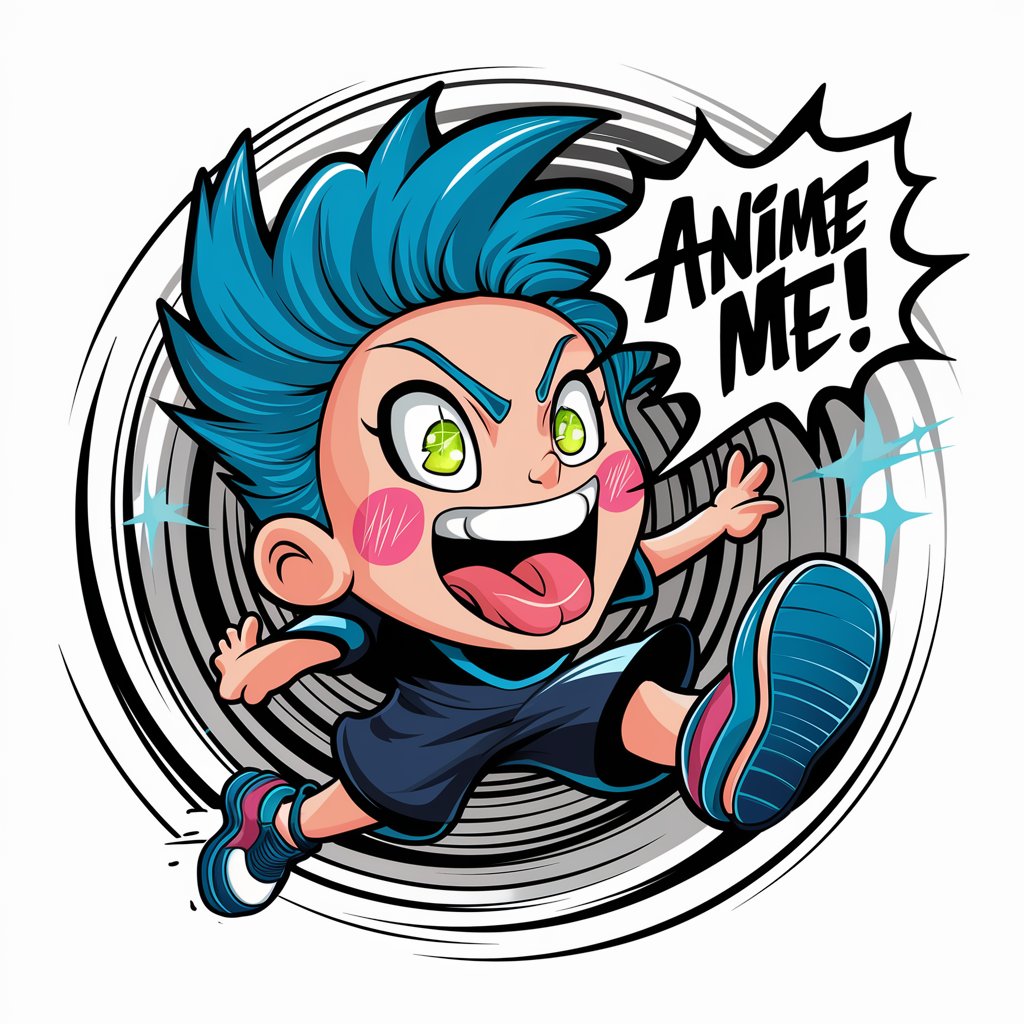
Animate Me
Bringing Your Images to Anime Life
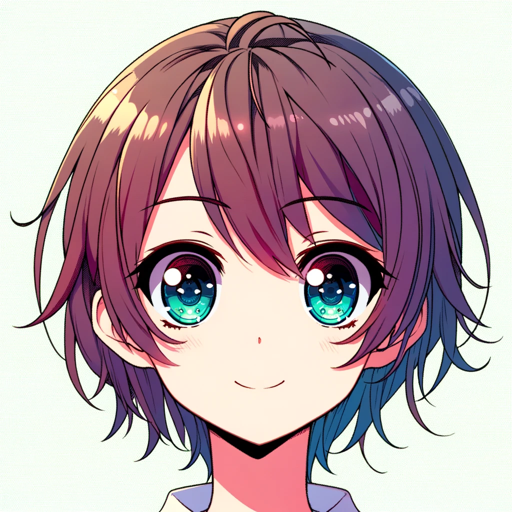
Kawaii Generator
Transforming Photos into Anime Magic
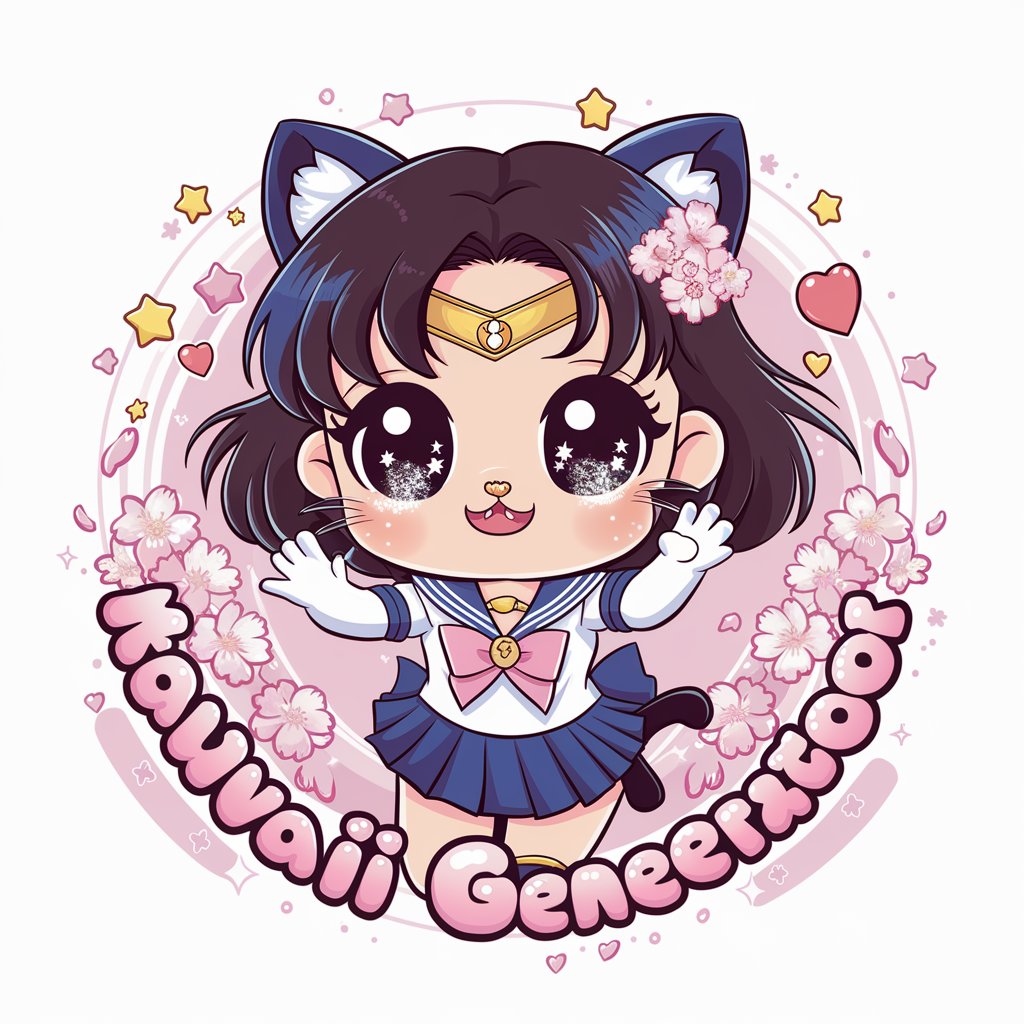
Legofy
Transform Photos into Lego Masterpieces

Pixel Party
Crafting Nostalgia with AI-Powered Pixel Art

劇画チェンジャー
Transform Your Images with AI-Powered Manga Magic

Comicify
Turn your photos into comic art effortlessly.

Sketch Artist
Transforming photos into pencil sketches, powered by AI.

치비크래프트
Bring Photos to Life with AI
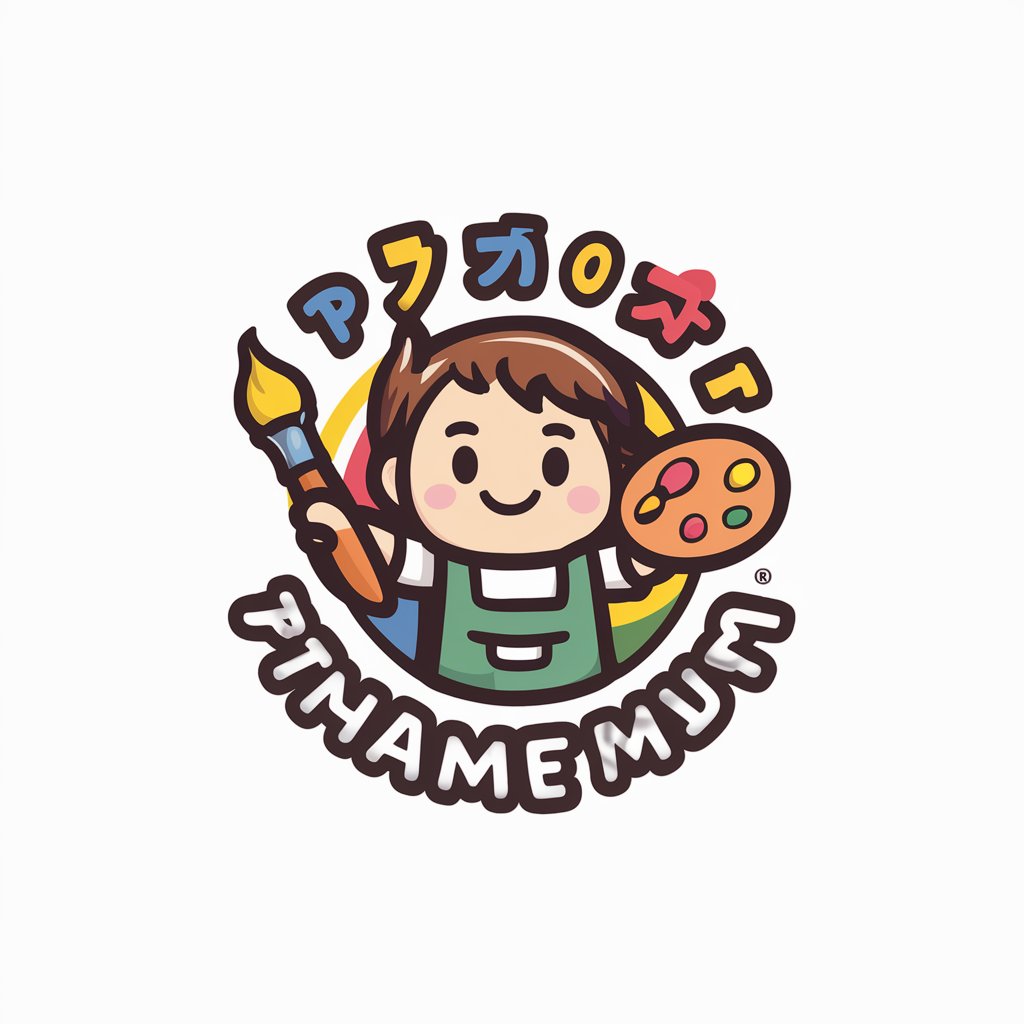
Anime Avatar
Transform photos into anime effortlessly with AI.
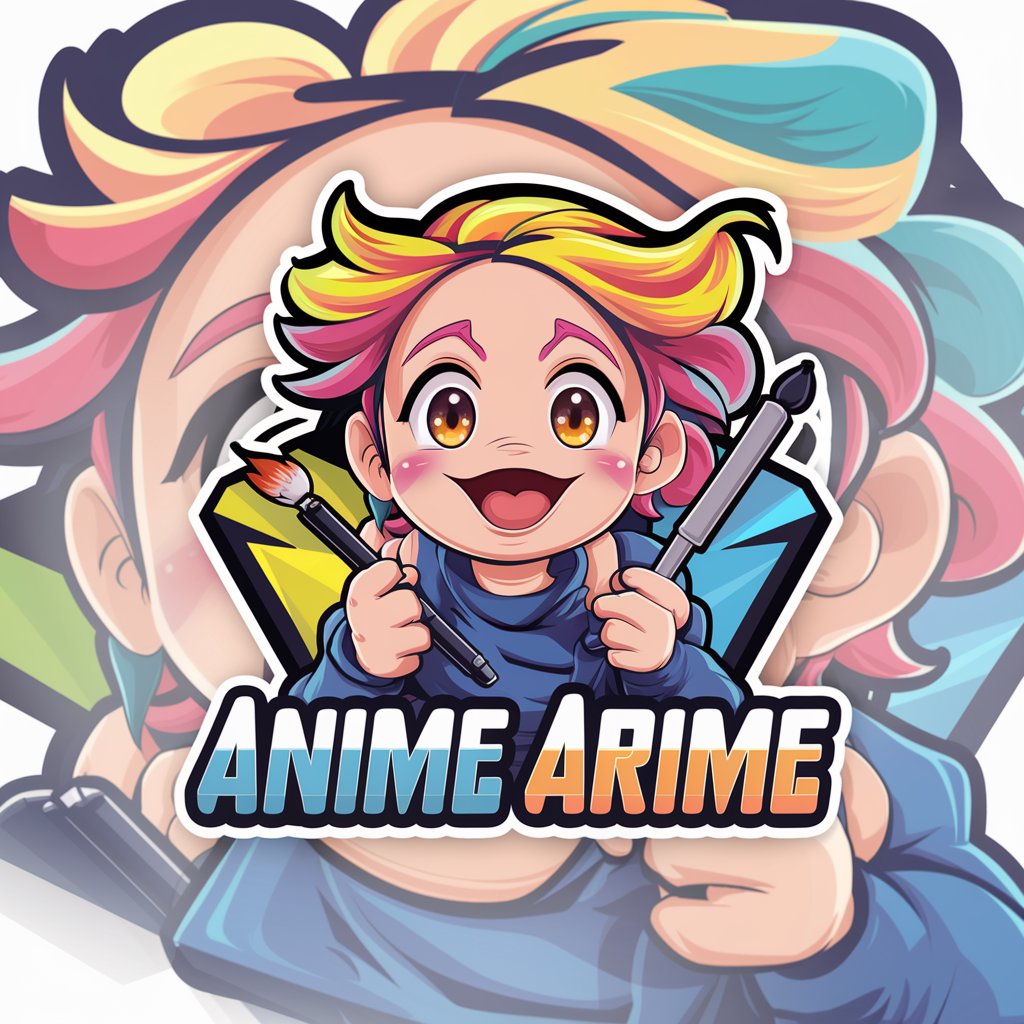
Anime Artist
Transform Photos into Anime Automatically
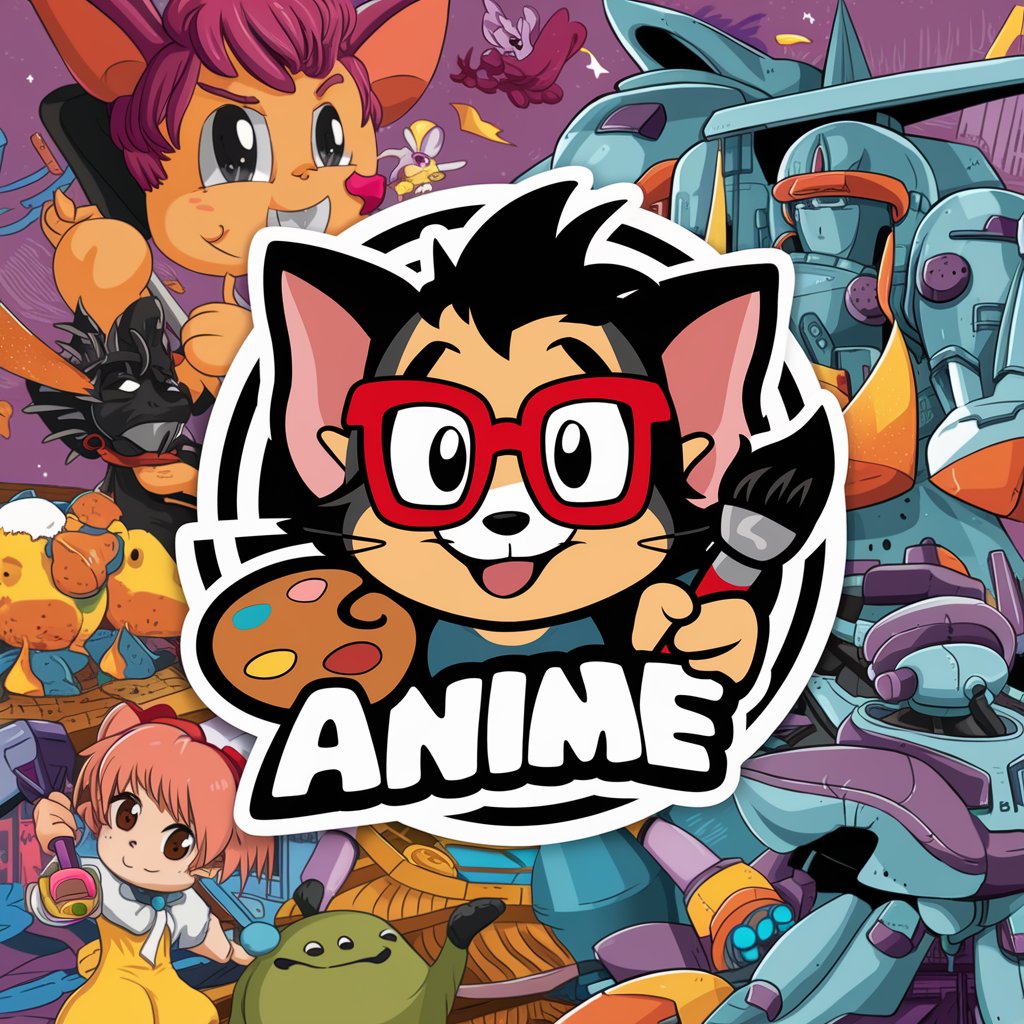
Simpsonize Yourself
Turn Yourself Into a Simpson, Instantly!
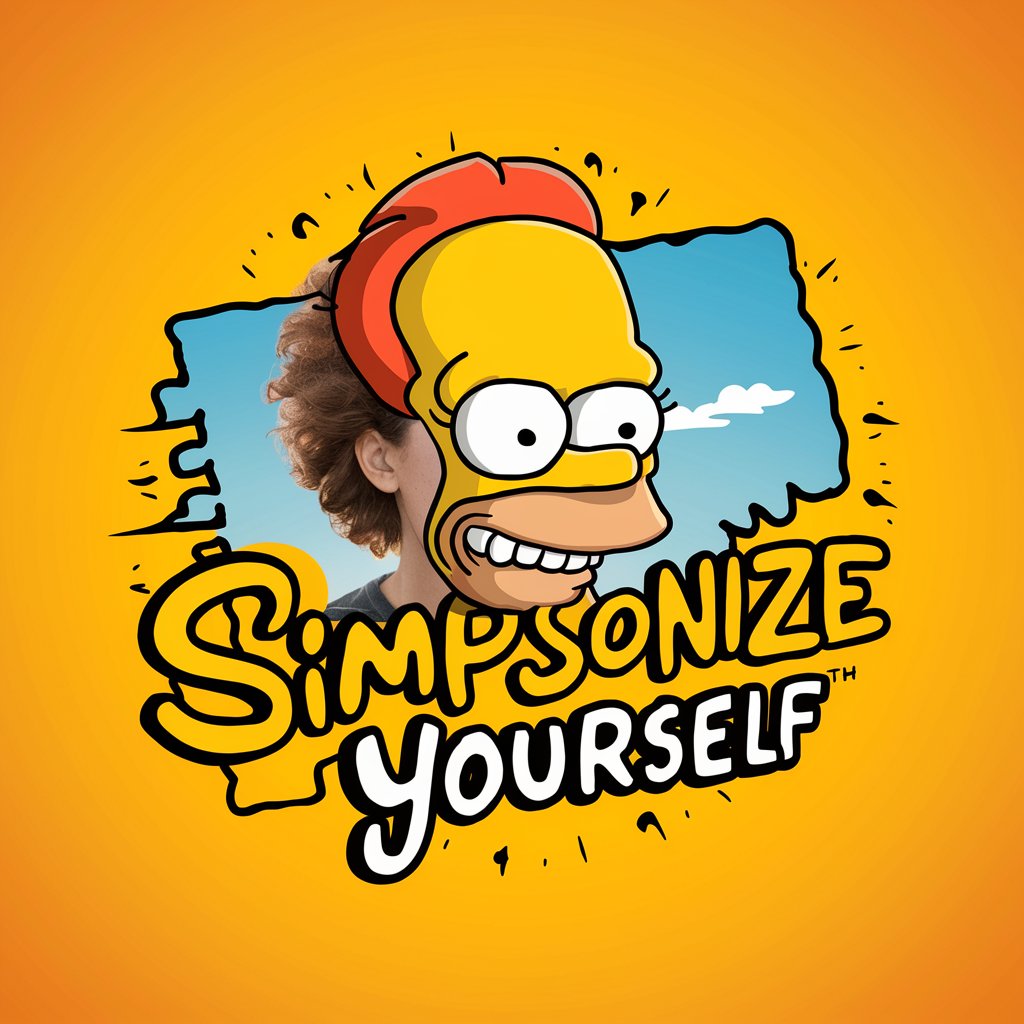
Key Characteristics and Abilities
AI GPTs for Photo Conversion stand out for their adaptability, supporting a range of functions from basic photo enhancements to complex image transformations. Core features include advanced image recognition, style transfer capabilities, high-quality image upscaling, format conversion, and automated editing tools. These GPTs also excel in learning from user interactions, improving their output over time. Special features may include technical support for developers, seamless integration with web services for direct photo manipulation, and customizable APIs for tailored applications.
Who Benefits from Photo Conversion AI
The primary beneficiaries of AI GPTs for Photo Conversion include photography enthusiasts, graphic designers, digital artists, and developers. These tools are designed to be accessible to novices, offering straightforward interfaces that require no coding skills, while also providing advanced features and customization options for professional users and developers. This dual approach ensures that a wide range of users can effectively leverage these tools for personal or professional photo conversion projects.
Try Our other AI GPTs tools for Free
Story Critique
Discover how AI GPTs for Story Critique revolutionize storytelling, offering AI-driven feedback on narrative structure, character development, and more to enhance your writing process.
Lore Crafting
Explore the art of narrative creation with AI GPTs for Lore Crafting. Unleash your storytelling potential with tools designed to craft detailed, immersive worlds.
Material Generation
Discover how AI GPTs for Material Generation revolutionize content creation, offering adaptable, efficient, and high-quality solutions for diverse material generation needs.
Narrative Enrichment
Discover AI GPTs for Narrative Enrichment: your gateway to advanced storytelling. Enhance your narratives with AI-driven creativity, adaptable to any genre or style.
Dual Mining
Maximize your dual cryptocurrency mining with AI GPTs. Optimize efficiency, increase profitability, and simplify operations with our advanced, user-friendly tools tailored for both novices and professionals.
Nvidia Overclocking
Discover AI-powered GPT tools for Nvidia Overclocking, designed to enhance GPU performance through intelligent optimization. Perfect for gamers, developers, and professionals seeking peak efficiency.
Expanding Horizons with AI in Photo Conversion
AI GPTs for Photo Conversion exemplify the potential of customized solutions across different sectors, offering user-friendly interfaces and flexible integration capabilities. These tools not only streamline photo conversion tasks but also inspire creativity and efficiency, enabling users to achieve professional-grade results with minimal effort. Their adaptability to user feedback and evolving needs underscores the transformative impact of AI in creative domains.
Frequently Asked Questions
What exactly can AI GPTs for Photo Conversion do?
They can perform a variety of tasks including enhancing image quality, converting images to different styles or formats, and automating editing processes.
Do I need programming skills to use these tools?
No, many of these tools are designed with user-friendly interfaces that require no coding skills, making them accessible to a wide audience.
Can these tools integrate with other software or workflows?
Yes, many GPTs offer APIs and support integration with existing systems or workflows, facilitating streamlined operations.
How do these tools learn and improve over time?
AI GPTs for Photo Conversion use machine learning to analyze user inputs and outcomes, continuously refining their algorithms for better performance.
Are there any customization options for developers?
Yes, developers can access APIs and technical support for customizing and integrating the tools according to specific project needs.
What makes these tools different from traditional photo editing software?
AI GPTs leverage artificial intelligence for more advanced, automated, and adaptable photo conversion capabilities beyond what's possible with traditional software.
Can these tools handle large volumes of images?
Yes, they are designed to efficiently process and convert large batches of images, saving time and resources.
What are the privacy considerations when using these tools?
Users should review the privacy policies of these tools, as they may store or process images on remote servers. Many offer options to ensure data protection and privacy.